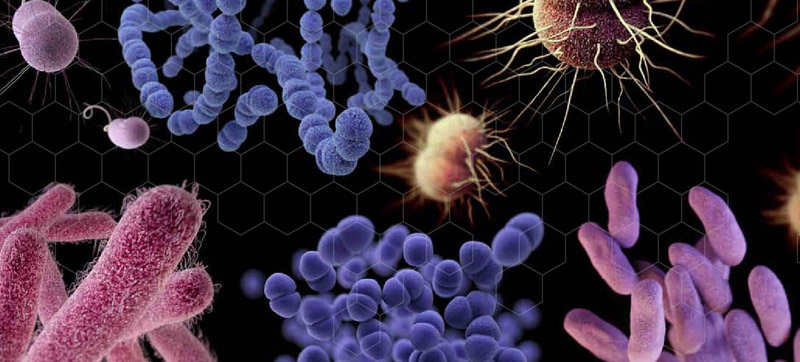 Bacteria Drugs
Bacteria Drugs Alert over shortage of new drugs for ‘world’s most dangerous bacteria’
New York: A lack of new treatments for common infections has left people dangerously exposed to the “world’s most dangerous bacteria”, the UN health agency said on Thursday.
The alert from the World Health Organization (WHO) is delivered in a report showing that none of the 43 antibiotics in development today sufficiently addresses the growing threat posed by 13 priority drug-resistant bacteria.
“The persistent failure to develop, manufacture, and distribute effective new antibiotics is further fuelling the impact of antimicrobial resistance and threatens our ability to successfully treat bacterial infections,” said Dr. Hanan Balkhy, WHO Assistant Director General on antimicrobial resistance.
Those most at risk are young children and those living in poverty, but antibiotic-resistant infections can affect anyone, said WHO partner AMR.
Youngsters at risk
According to WHO, three in 10 newborns who develop blood infections die, because the antibiotics that are used to treat sepsis are no longer effective.
Bacterial pneumonia – another preventable illness which has developed resistance to available drugs – is also a major cause of childhood mortality among under-fives.
WHO’s annual Antibacterial Pipeline Report, notes that almost all antibiotics available today are variations of those discovered by the 1980s.
We rely hugely on them in all areas of our lives, from having a tooth out at the dentist, to organ transplants and cancer chemotherapy.
Unproductive pipeline
But after reviewing antibiotics that are in the clinical stages of testing, as well as those in development, the report highlighted a “near static pipeline” of production, which WHO’s Haileyesus Getahun likened to the “Achilles heel” of global health security.
“Opportunities emerging from the COVID-19 pandemic must be seized to bring to the forefront the needs for sustainable investments in research and development of new and effective antibiotics,” said Mr. Getahun, WHO Director of Antimicrobial Resistance Global Coordination.
“We need a global sustained effort including mechanisms for pooled funding and new and additional investments to meet the magnitude of the antimicrobial threat.”
Only a few drugs have been given early-stage approval by regulators in recent years “and most of these agents…offer limited clinical benefit over existing treatments, WHO said, with the warning that the “rapid emergence of drug-resistance to these new agents” was a certainty.
The clinical pipeline and recently approved antibiotics are insufficient to tackle the challenge -- WHO
Fractional gains
This was despite the fact that “some promising products” were in different stages of development, as only a fraction of these will make it to market in a sector hampered by the small return on investment from successful antibiotic products, which has limited the interest of most large pharmaceutical companies.
“Overall, the clinical pipeline and recently approved antibiotics are insufficient to tackle the challenge of increasing emergence and spread of antimicrobial resistance,” the UN agency concluded.
Driving research
To promote investment in antibiotics development, WHO and partner Drugs for Neglected Diseases initiative (DNDi) have set up the Global Antibiotic R&D Partnership (GARDP) to develop innovative treatments.
The UN health agency has also been working closely with other non-profit funding partners such as the CARB-X to accelerate antibacterial research.
Another important new WHO-partnered initiative is the AMR Action Fund, that was set up by pharmaceutical companies, philanthropists and the European Investment Bank; its aim is to strengthen and accelerate antibiotic development through pooled funding.
Support Our Journalism
We cannot do without you.. your contribution supports unbiased journalism
IBNS is not driven by any ism- not wokeism, not racism, not skewed secularism, not hyper right-wing or left liberal ideals, nor by any hardline religious beliefs or hyper nationalism. We want to serve you good old objective news, as they are. We do not judge or preach. We let people decide for themselves. We only try to present factual and well-sourced news.







